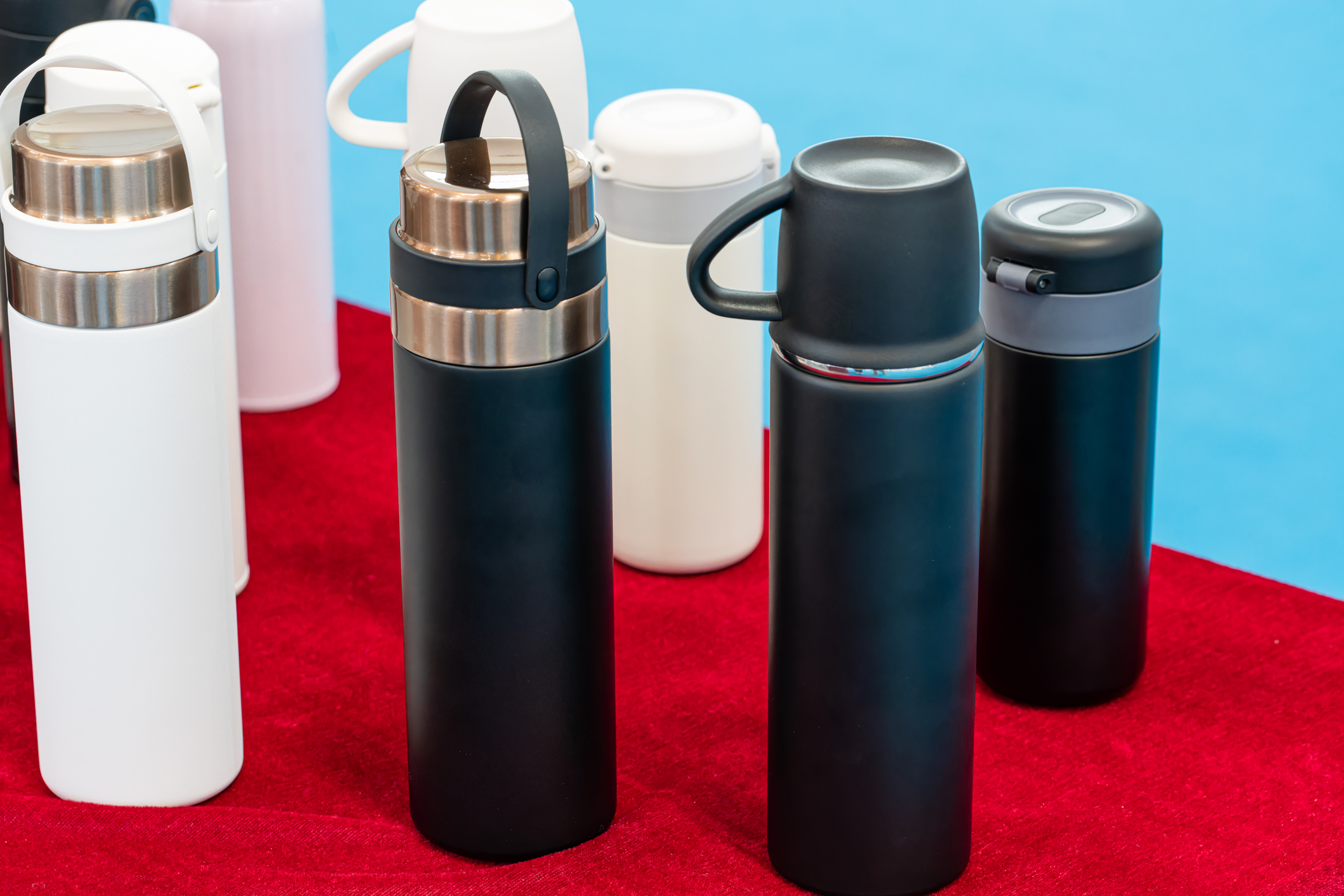
Too much of a good thing? The environmental downside of the “Stanley cup” craze.
Disposable cups are an environmental problem. But what about overconsumption of the reusable containers that are supposed to replace them?
To reduce waste, conserve natural resources and address the mounting climate crisis, America needs more recycling and composting.
Disposable cups are an environmental problem. But what about overconsumption of the reusable containers that are supposed to replace them?
This blog is the second in a series examining policy solutions to the plastic pollution crisis that are proven and replicable. This section covers recycled content requirements.
For the third year in a row, the list of the largest plastic polluters in the world remains pretty much the same. According to the 2020 Brand Audit Report by Break Free From Plastic, the corporations responsible for polluting the greatest amount of plastic waste are, in order: The Coca-Cola Company; PepsiCo; Nestlé; Unilever; Mondelez International; Mars, Inc.; Procter & Gamble; Philip Morris International; Colgate-Palmolive; and Perfetti Van Melle.
Recycling challenges vary across the country, but, overall, states are failing to both reduce unnecessary waste and adjust to a changing recycling landscape, according to a new study from U.S. PIRG Education Fund and Environment America Research & Policy Center.